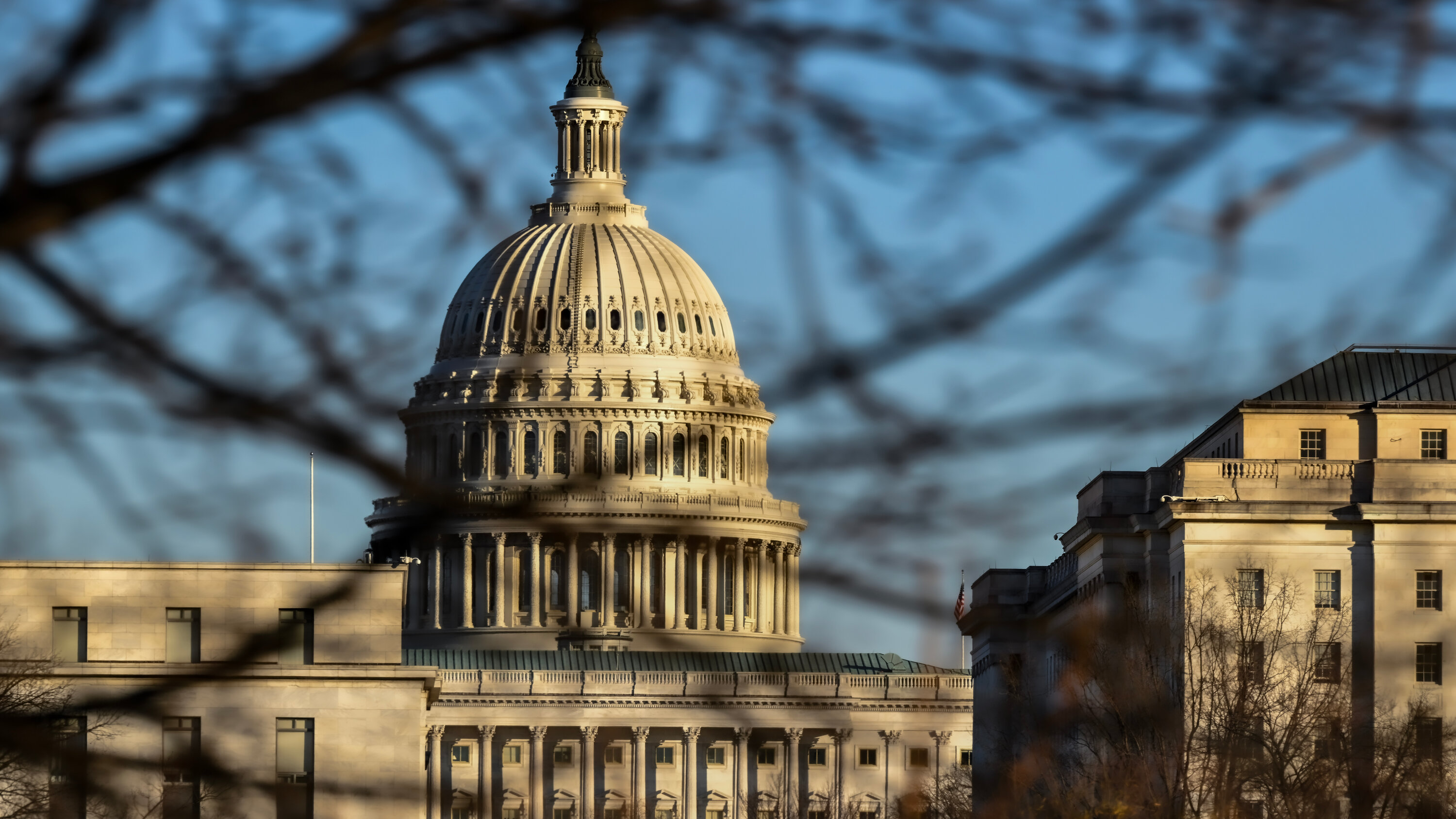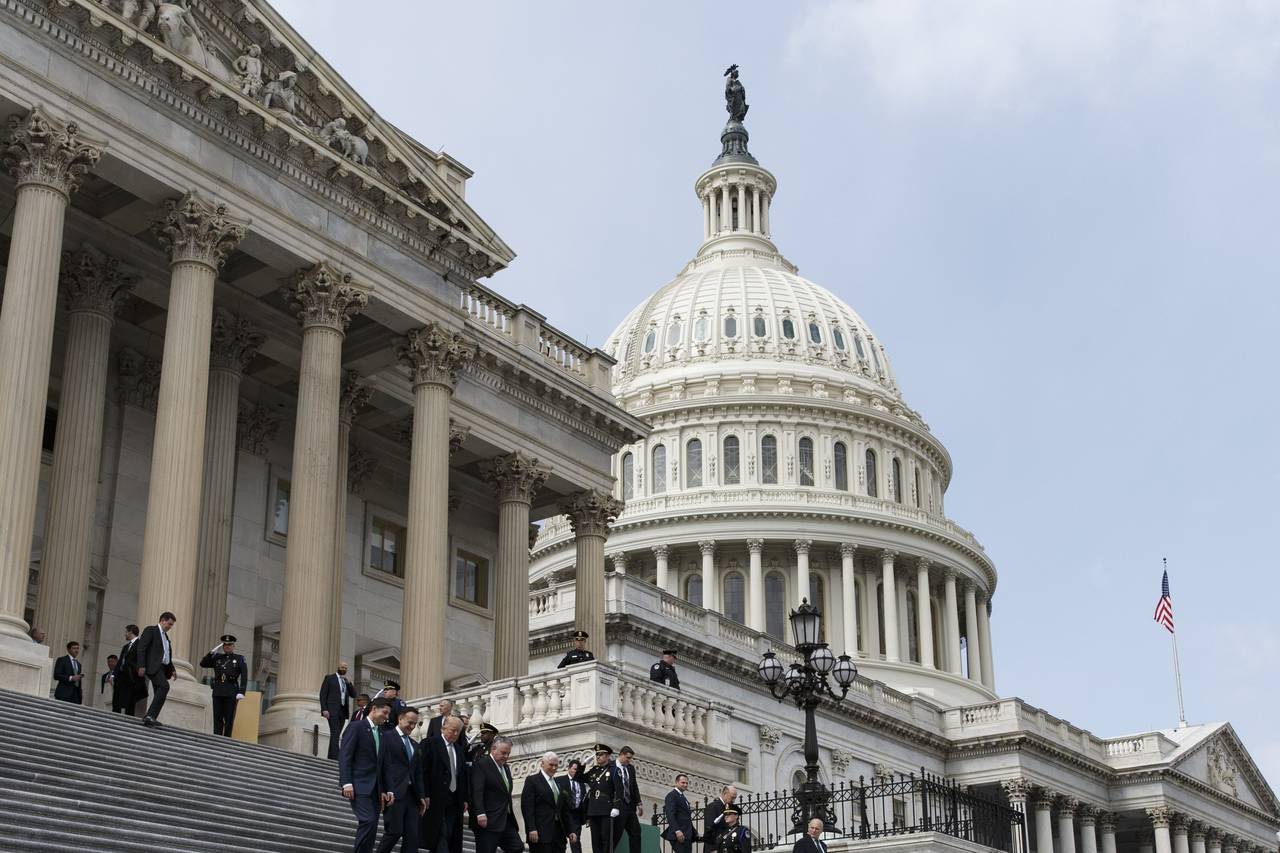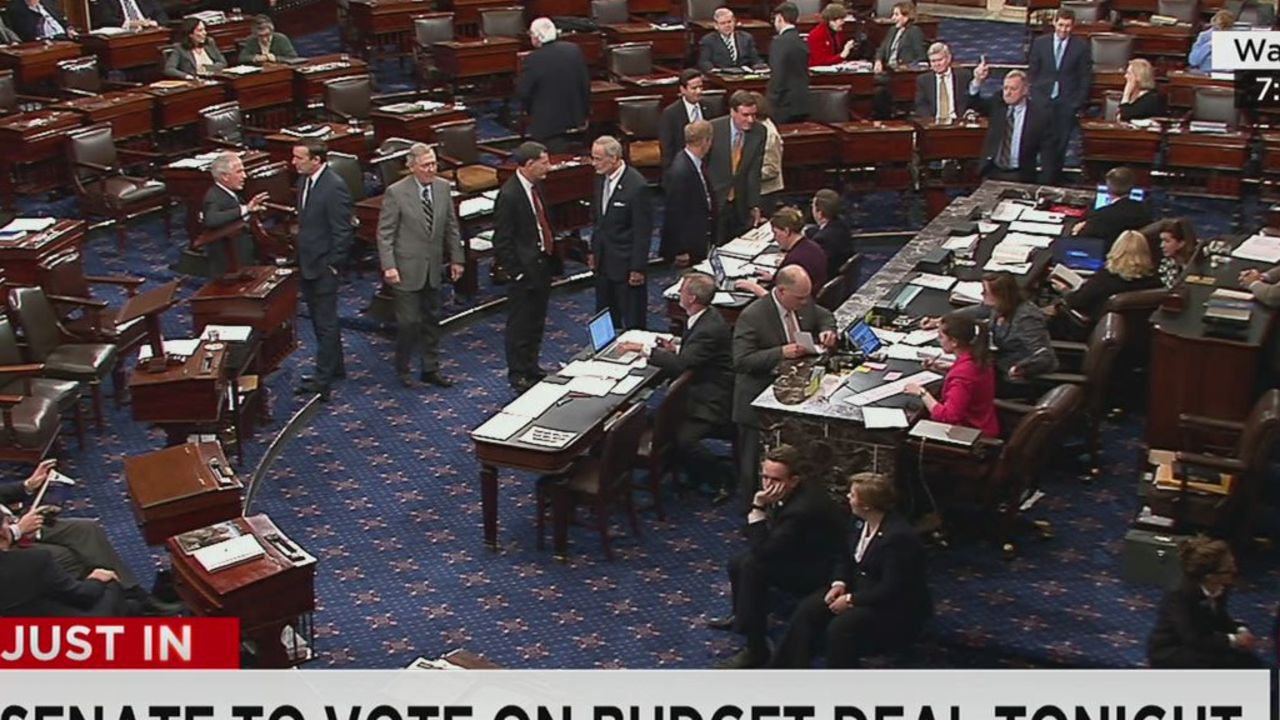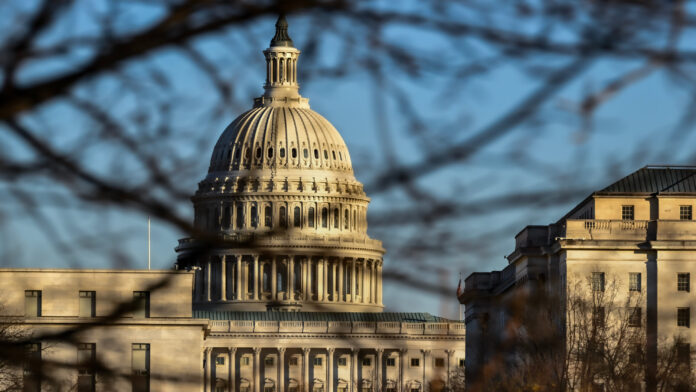[Elon Musk Condemns Republican Vote On Spending Bill]

Executive Summary

Elon Musk, the technological visionary and CEO of SpaceX and Tesla, recently voiced his strong disapproval of the Republican Party’s vote on a controversial spending bill. This action, perceived by many as fiscally irresponsible, has ignited a firestorm of debate across the political spectrum. Musk’s condemnation, delivered via his influential social media presence, carries significant weight given his vast following and outspoken nature. This article delves into the intricacies of Musk’s stance, the implications of the bill itself, and the broader political context surrounding this high-profile conflict. We will unpack the key arguments, explore the potential ramifications, and analyze the future implications of this clash between a powerful tech mogul and the established political order.

Introduction
The recent Republican vote on the expansive spending bill has sent shockwaves through the political landscape. Adding fuel to the already burning fire, Elon Musk, a figure known for his unconventional and often contrarian views, has publicly condemned the legislation. His criticism, shared with his millions of followers, instantly escalated the debate, highlighting the inherent tensions between fiscal responsibility and partisan politics. Musk’s involvement throws a spotlight on the bill’s potential impact on technological innovation and economic growth, issues central to Musk’s own entrepreneurial endeavors.
Frequently Asked Questions
Q: Why is Elon Musk criticizing the Republican vote? A: Musk’s criticism stems from his belief that the bill represents excessive government spending, potentially hindering economic growth and potentially leading to increased inflation. He advocates for fiscal responsibility and efficient government.
Q: What are the key provisions of the spending bill that Musk objects to? A: Specific provisions within the bill that likely concern Musk include those related to environmental regulations (potentially impacting Tesla’s growth), and funding allocations that could be perceived as inefficient or lacking in long-term strategic value. The precise details vary depending on the final version of the bill.
Q: How influential is Musk’s opinion on this matter? A: Musk’s condemnation carries significant weight due to his immense online following, his status as a successful entrepreneur, and his reputation for outspokenness on political and economic issues. His views can influence public opinion and investor sentiment.
Musk’s Stance on Fiscal Responsibility
Musk is a staunch advocate for fiscal responsibility. He often expresses concern about excessive government spending and its potential negative impacts on economic growth and innovation. His critique of the Republican vote aligns perfectly with his broader philosophy on prudent financial management.
- Emphasis on efficiency: Musk’s companies are known for their efficiency-driven approaches. He believes that government should operate with similar principles.
- Long-term vision: Musk advocates for long-term investments in infrastructure and technology rather than short-sighted spending initiatives.
- Private sector innovation: He often argues that the private sector is more efficient at driving innovation than the government.
- Inflationary concerns: Excessive government spending can fuel inflation, harming consumers and businesses alike. This directly affects the purchasing power and operating costs of the industries that Musk leads.
- Reduced risk tolerance: Musk is known to favour lower-risk investments. The current fiscal climate and the potential political fallout from the spending bill may have been considered high-risk choices.
- Sustainable growth: Musk emphasizes sustainable economic growth, aligning this with an emphasis on sensible resource management and responsible spending.
The Bill’s Impact on Technological Innovation
The spending bill’s potential impact on technological innovation is a central point of contention. Musk’s concerns revolve around the possibility that inefficient spending could crowd out private investment in research and development, ultimately stifling innovation.
- Research and development funding: The bill’s allocation of funds towards research and development could be insufficient or misdirected according to Musk’s perspective.
- Regulatory hurdles: Certain provisions within the bill might create new regulatory hurdles for technology companies, potentially increasing costs and slowing down innovation.
- Competition with China: Musk has consistently expressed concerns about the global technological competition with China. The bill’s provisions could potentially hinder American competitiveness in this critical area.
- Infrastructure investments: While some infrastructure investments might be beneficial, Musk may argue the strategy lacks focus and fails to prioritize strategically important technological infrastructure.
- Talent acquisition: Government spending policies can influence the attractiveness of certain sectors for talented workers. The bill might not offer enough incentives to attract top talent to technological innovation.
- Tax implications: The implications of the bill on the tax burdens of technology companies are another point of concern for Musk, possibly making the US less competitive.
Political Implications and Fallout
Musk’s public condemnation adds a significant dimension to the already complex political landscape. His criticism challenges the Republican Party’s narrative and could potentially influence public opinion and future elections.
- Shifting political alliances: Musk’s criticism could further fracture the Republican party, leading to internal strife and potentially influencing future voting patterns.
- Public perception: Musk’s vast social media following allows his views to reach a significant audience. This could shape the public’s perception of the bill and the Republican Party.
- Investor sentiment: Musk’s actions and opinions can sway investor sentiment, impacting market valuations of technology companies and potentially influencing future investments in innovative technologies.
- Bipartisan implications: Musk’s comments transcend typical partisan divides, possibly prompting cross-party dialogue on fiscal responsibility and government spending.
- Campaign finance: Musk’s considerable wealth could influence future political campaigns, either through direct donations or through his vocal support for specific political figures or policies.
- Lobbying efforts: His comments may prompt lobbying efforts from other players in the technology and business sectors to push for changes in future legislation.
The Broader Economic Context
The spending bill’s passage takes place against a backdrop of broader economic concerns. Inflation, interest rates, and global economic uncertainty are all factors that must be considered when analyzing Musk’s critique.
- Inflationary pressures: The bill’s potential to further fuel inflation is a primary concern for Musk and others.
- Interest rate hikes: The spending bill could exacerbate pressure on the Federal Reserve to continue raising interest rates, potentially slowing down economic growth.
- Global economic uncertainty: The current global economic climate makes fiscal responsibility even more critical. Reckless spending could amplify existing vulnerabilities.
- Impact on consumer spending: Increased inflation and interest rates would directly impact consumer spending.
- International markets: Global markets are interconnected, and the ramifications of the bill could impact US relations with other nations.
- Long-term debt: Increased government debt might have long-term consequences for the nation’s economic stability.
Conclusion
Elon Musk’s vehement condemnation of the Republican vote on the spending bill is more than just a personal opinion; it’s a significant intervention in the ongoing national debate about fiscal responsibility and the future direction of the United States. His criticism highlights the critical need for careful consideration of the long-term economic consequences of government spending. His influence, stemming from his business acumen and powerful social media presence, serves as a potent reminder that the decisions made in Washington have far-reaching implications for the private sector and the future of technological innovation. This event compels a much deeper and more nuanced conversation about the delicate balance between government intervention and sustainable economic growth. The coming months will be critical in observing the bill’s actual impact and assessing whether Musk’s concerns prove warranted.
Keyword Tags
Elon Musk, Republican Spending Bill, Fiscal Responsibility, Technological Innovation, Economic Growth


